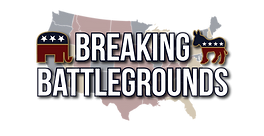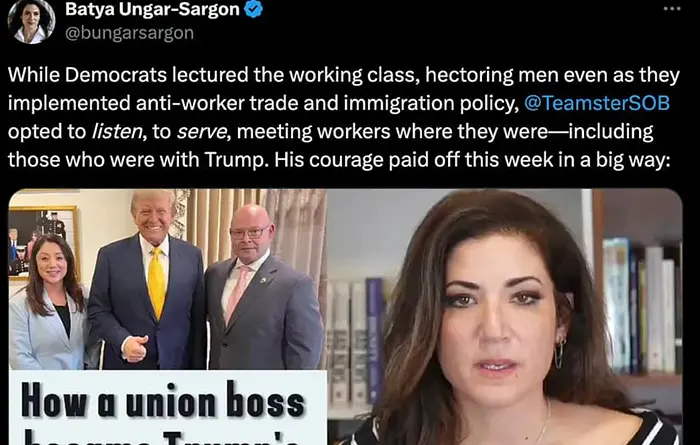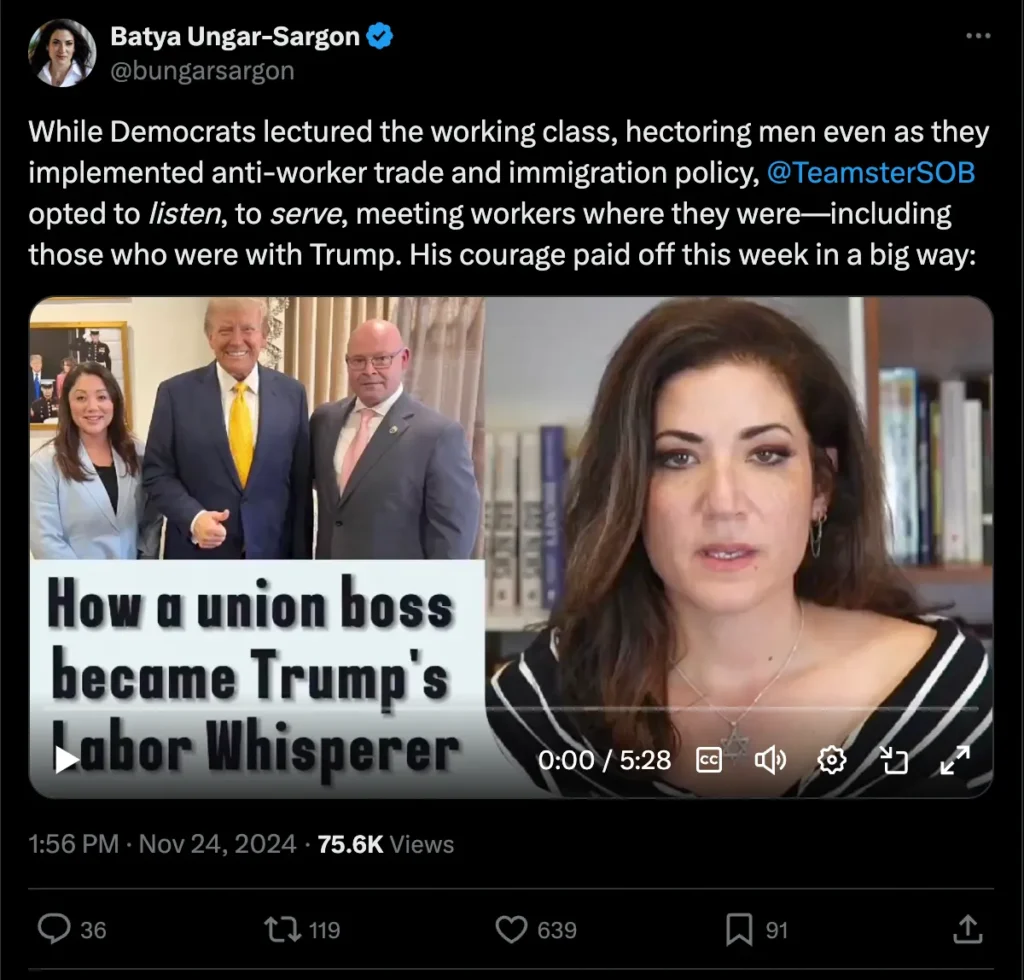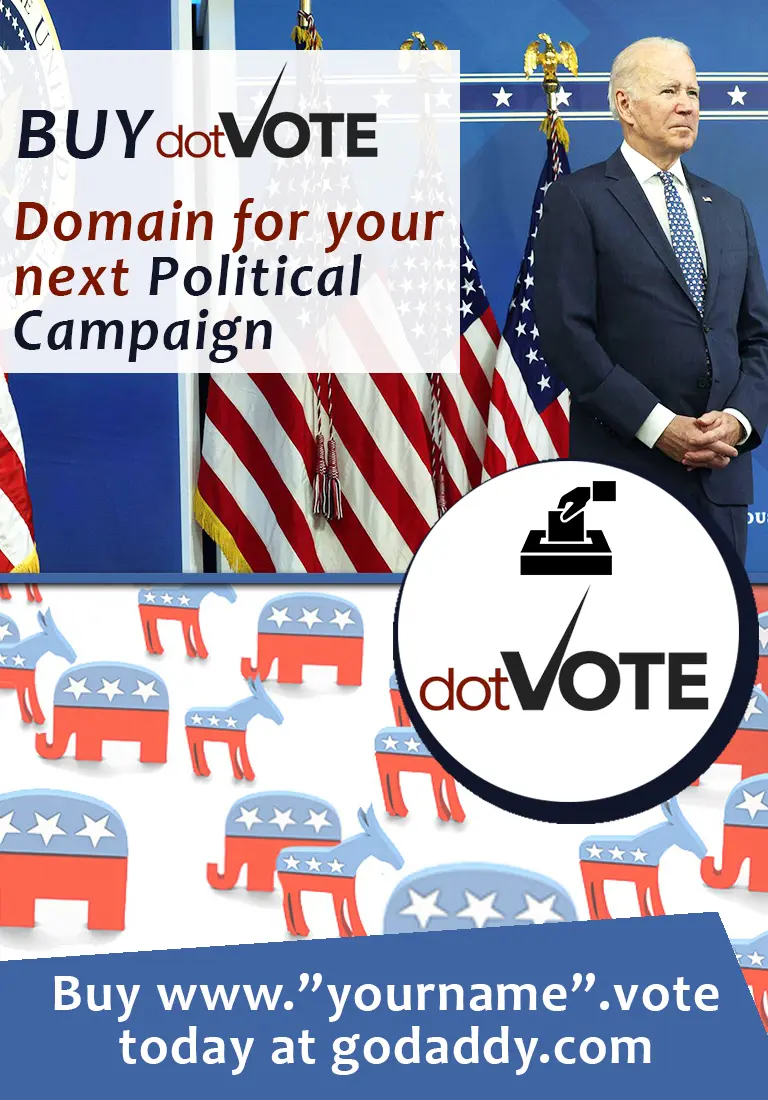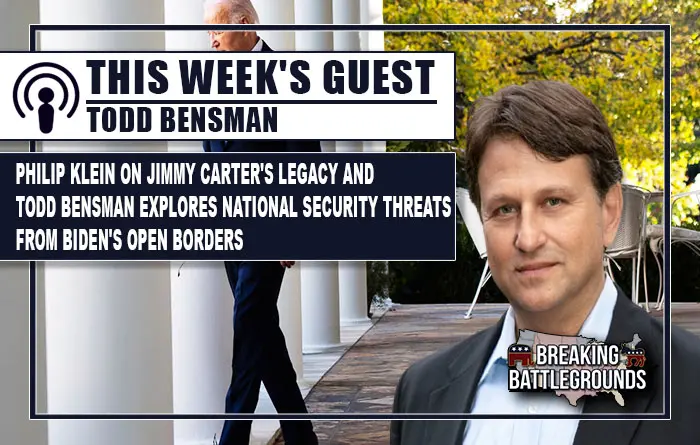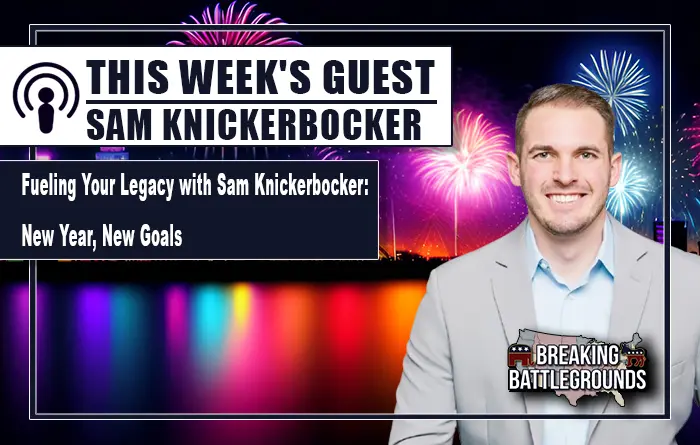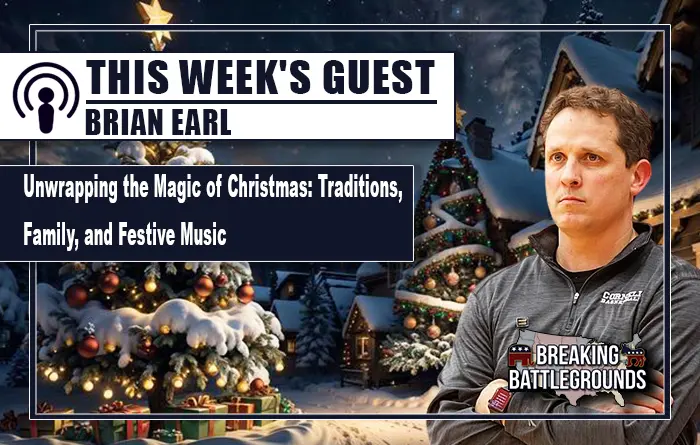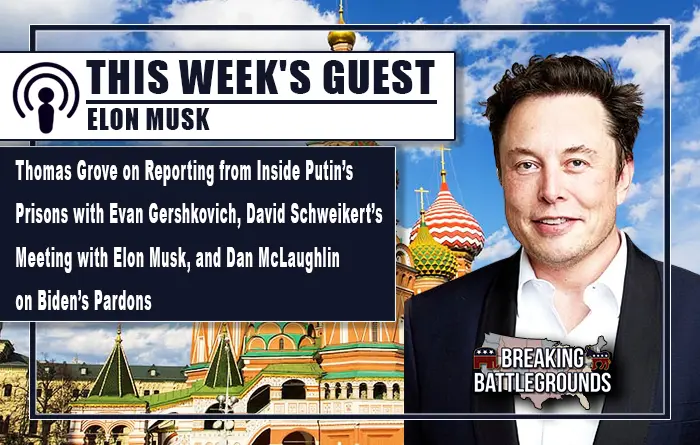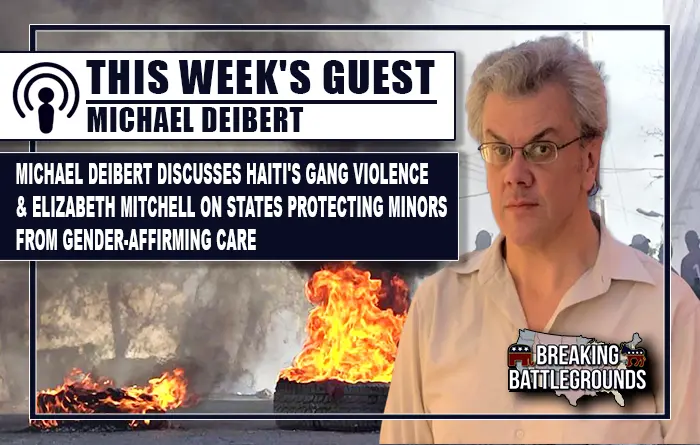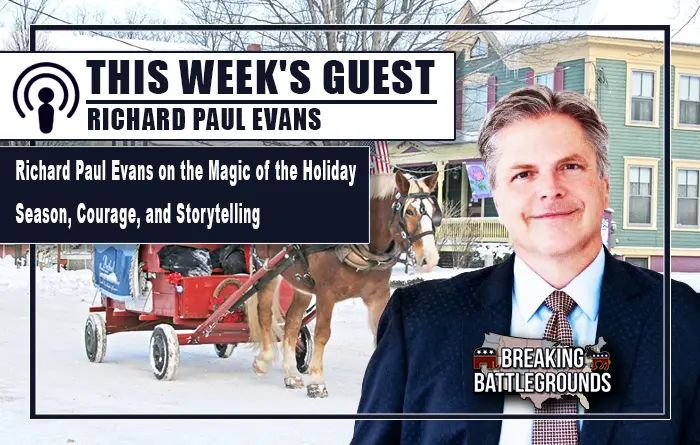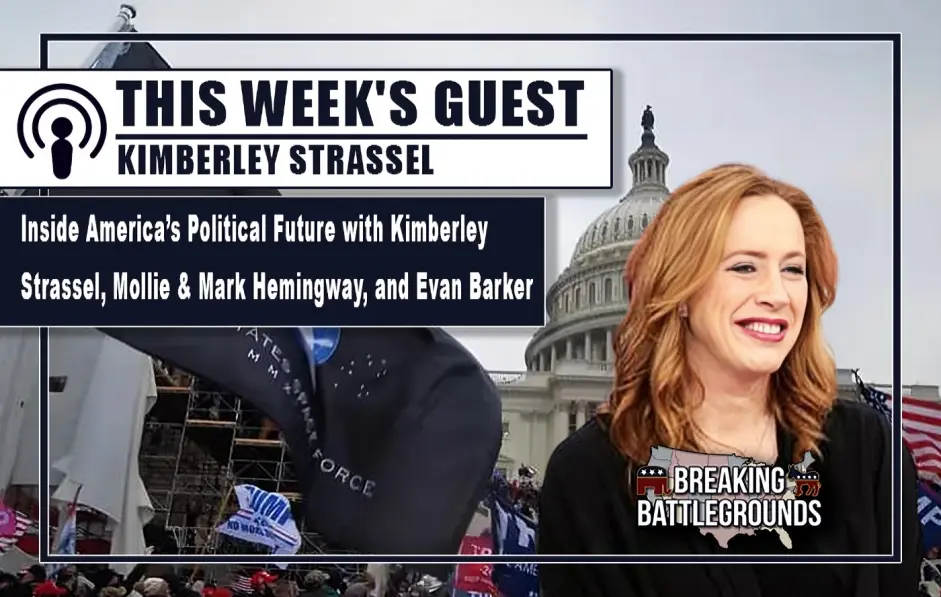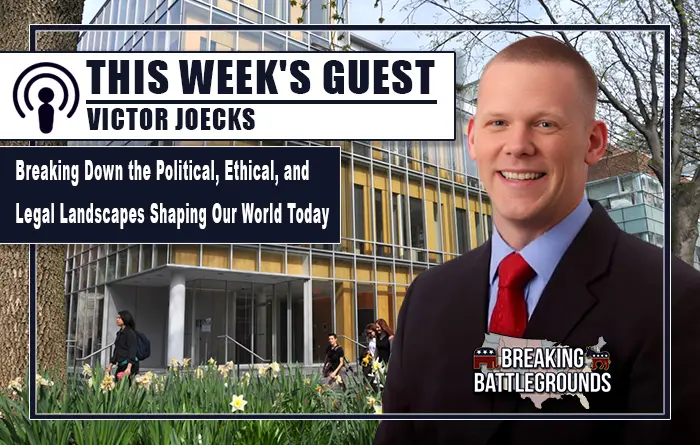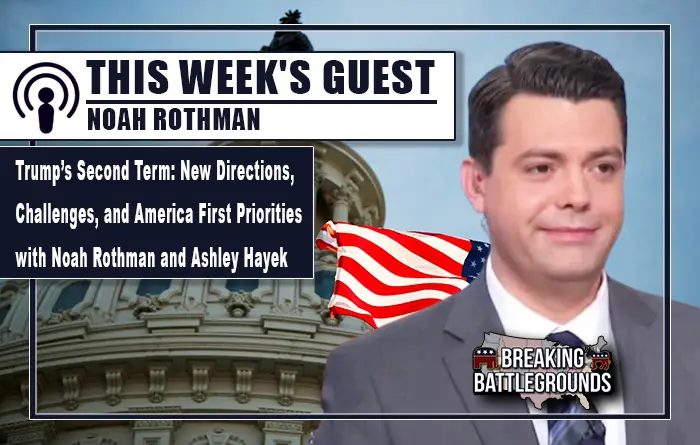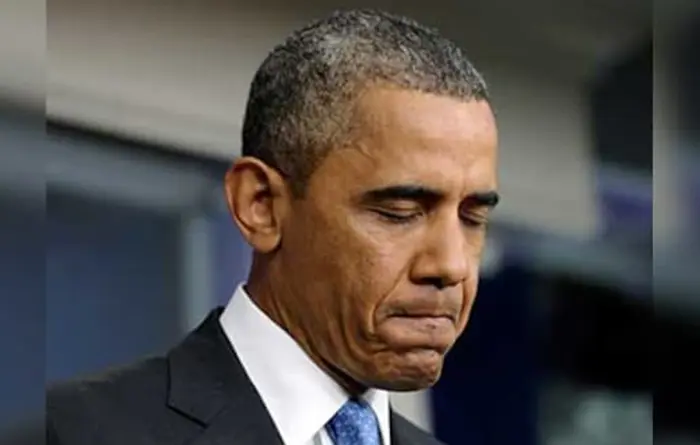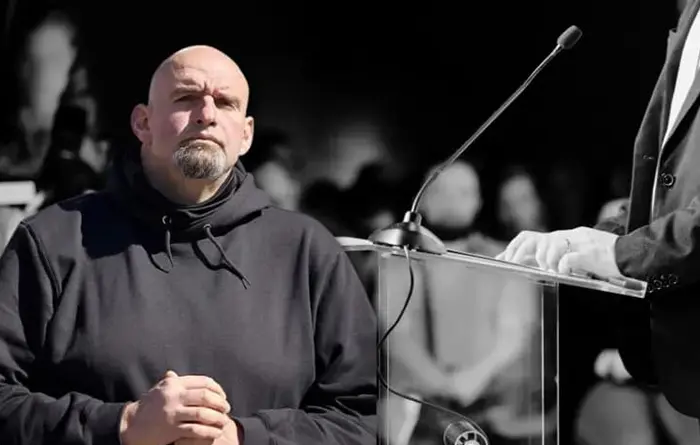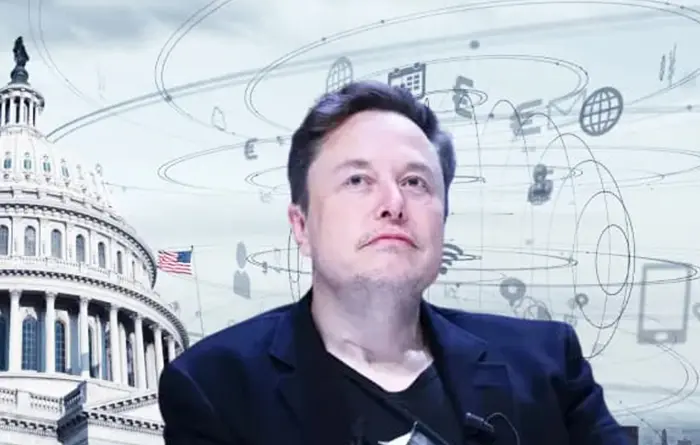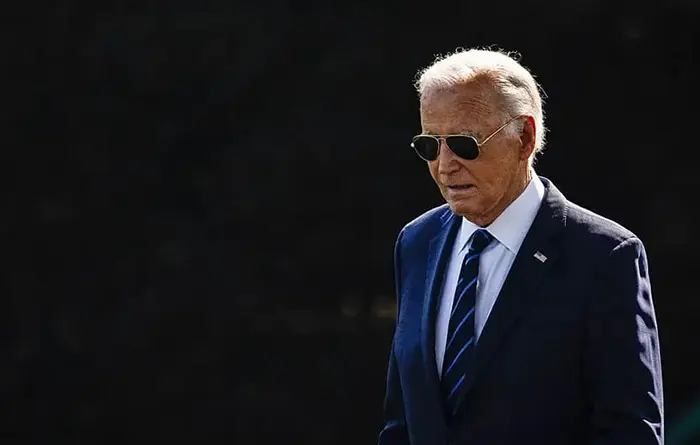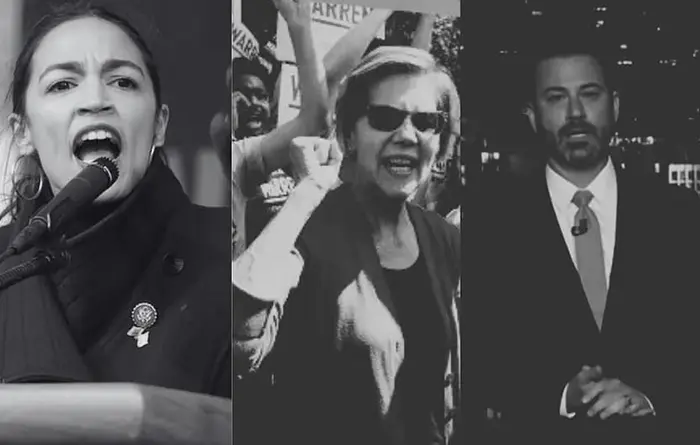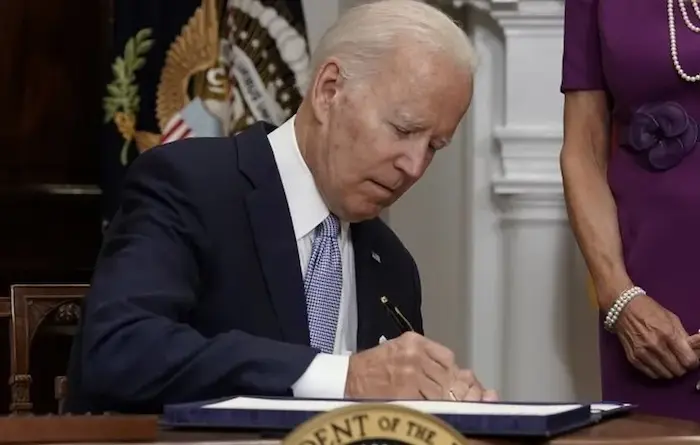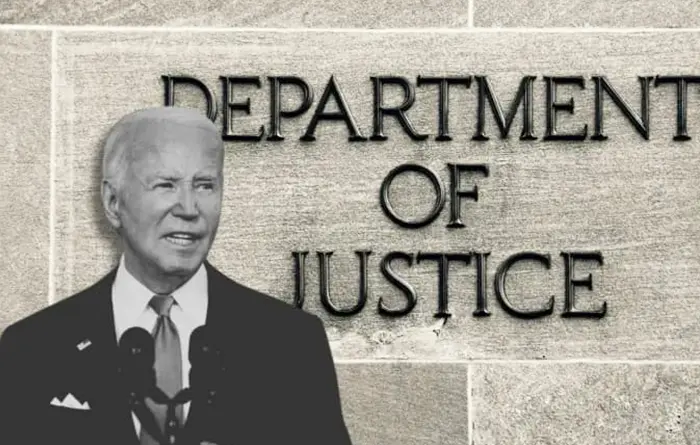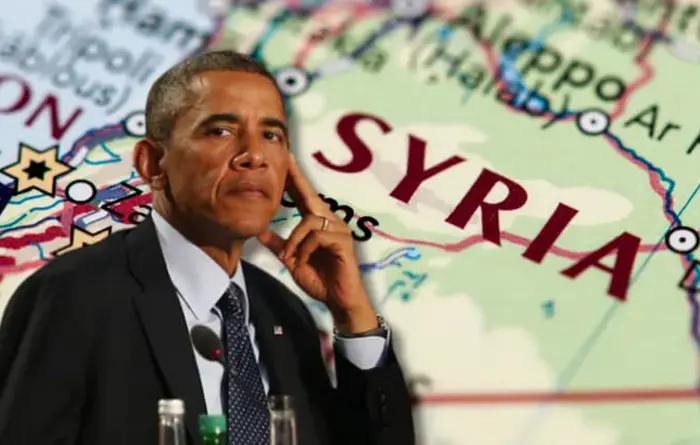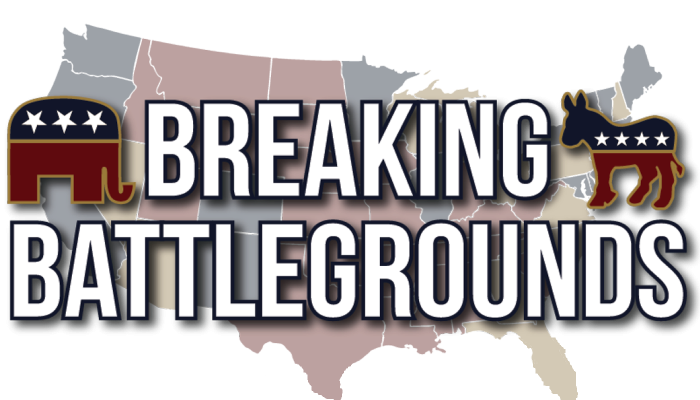Campaign promises have a lot in common with 1980’s weather reports. You might be promised sunshine, but chances are pretty good you’re about to walk into a rain storm. 30 plus years of unfulfilled pledges nearly destroyed a Republican Party that promised a secure border, favorable trade deals, global amity, and a rising middle class but did absolutely none of that. They didn’t even try.
Enter Donald Trump. Trump’s political superpower is methodically yet aggressively moving to deliver on those promises. In 2016, I supported just about everyone else in the Republican primary ahead of Trump because I assumed Trump would treat his campaign promises like virtually every other office: by pretending they didn’t exist. I was wrong, and people assuming Trump won’t do the same with the promises he made in this campaign are making the same mistake.
Some of those promises already aren’t sitting well with more traditional Republicans. In particular, Trump’s selection of Rep. Lori Chavez-DeRemer as Labor Secretary. Chavez-DeRemer is essentially a Clinton-Democrat left without a Party by Obama-Leftism. She’s well outside the GOP mainstream on almost every issue. She is signatory to the PRO Act that Republicans have rallied against. She opposes Right-to-Work laws. In any previous era, Chavez-DeRemer would have been seen as an excellent choice for the position in a Democrat administration.
So why did Trump pick Chavez-DeRemer? Because he made a promise on the campaign trail. Trump aggressively wooed Teamsters chief Sean O’Brien promising a pro-union agenda in his second term. O’Brien delivered on his end, withholding an endorsement of Kamala Harris and publishing the results of an internal survey showing the vast majority of his members supporting Trump. The results speak for themselves: Trump made historic gains among union and blue-collar workers. So now Trump will in turn fulfill his pledge.
It’s worth a few moments of your time to watch Newsweek Opinion Editor Batya Unger-Sargon’s take:
Unger-Sargon frames the move simply in terms of this one promise and the political payoff O’Brien earned in return, but the substance of Trump’s underlying motivation is far broader and more impactful than one appointment.
Donald Trump has created a new Republican Party. Some of the classical adherents of traditional Republican politics – those who want a return to a Republican Party that only ever worried about taxes and regulations – are aghast at many of Trump’s cabinet picks, particularly Chavez-DeRemer, RFK Jr., and Tulsi Gabbard. But in selecting them, Trump is sending a critical message for the future of the America First movement: the old tropes are dead, the new GOP is a coalition of blue-collar workers, small business owners, creatives, and cultural traditionalists: and they will be heard. The big business, Chamber of Commerce brand of Republicanism is dead. The money that powered that coalition is now on the left. The working-class energy that countered it is now on the right. To keep that energy in the GOP corner, Trump will have to use his superpower to it’s fullest.
Trump has reportedly told those close to him that part of his reason for selecting J.D. Vance as his Vice President was to give America First a chance to grow beyond his second term. Doing so is now essential to the future of the Republican Party, because if he doesn’t deliver on his promises, Republicans will be left with a permanent minority.
Note: the opinions expressed herein are those of Sam Stone only and not his co-host Chuck Warren or Breaking Battlegrounds’ staff.
